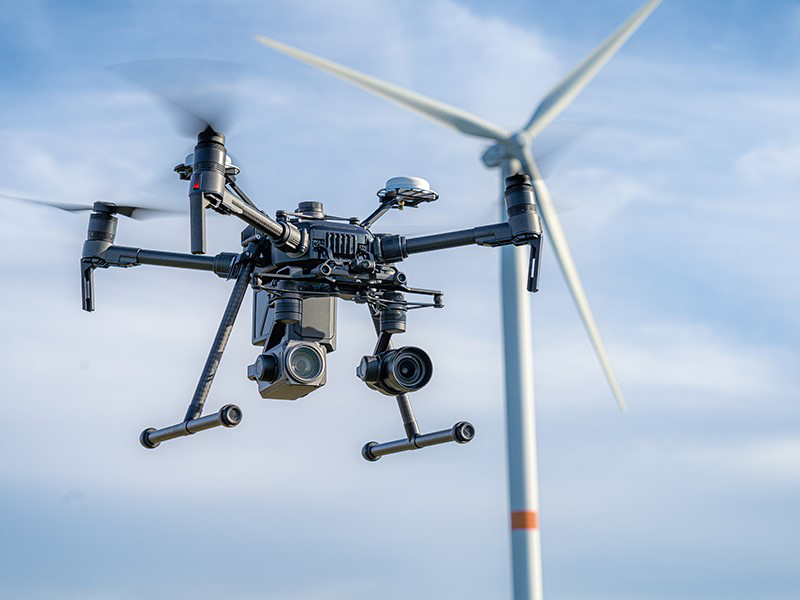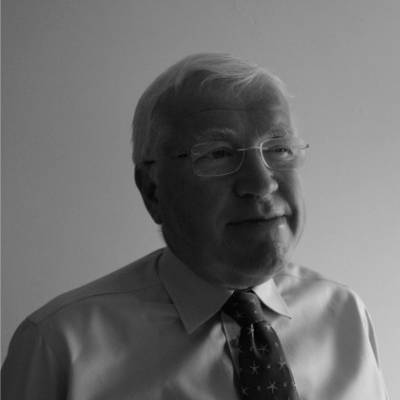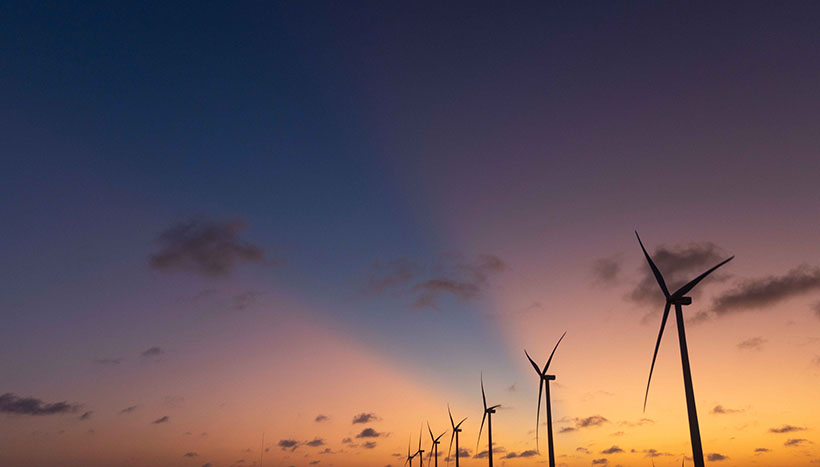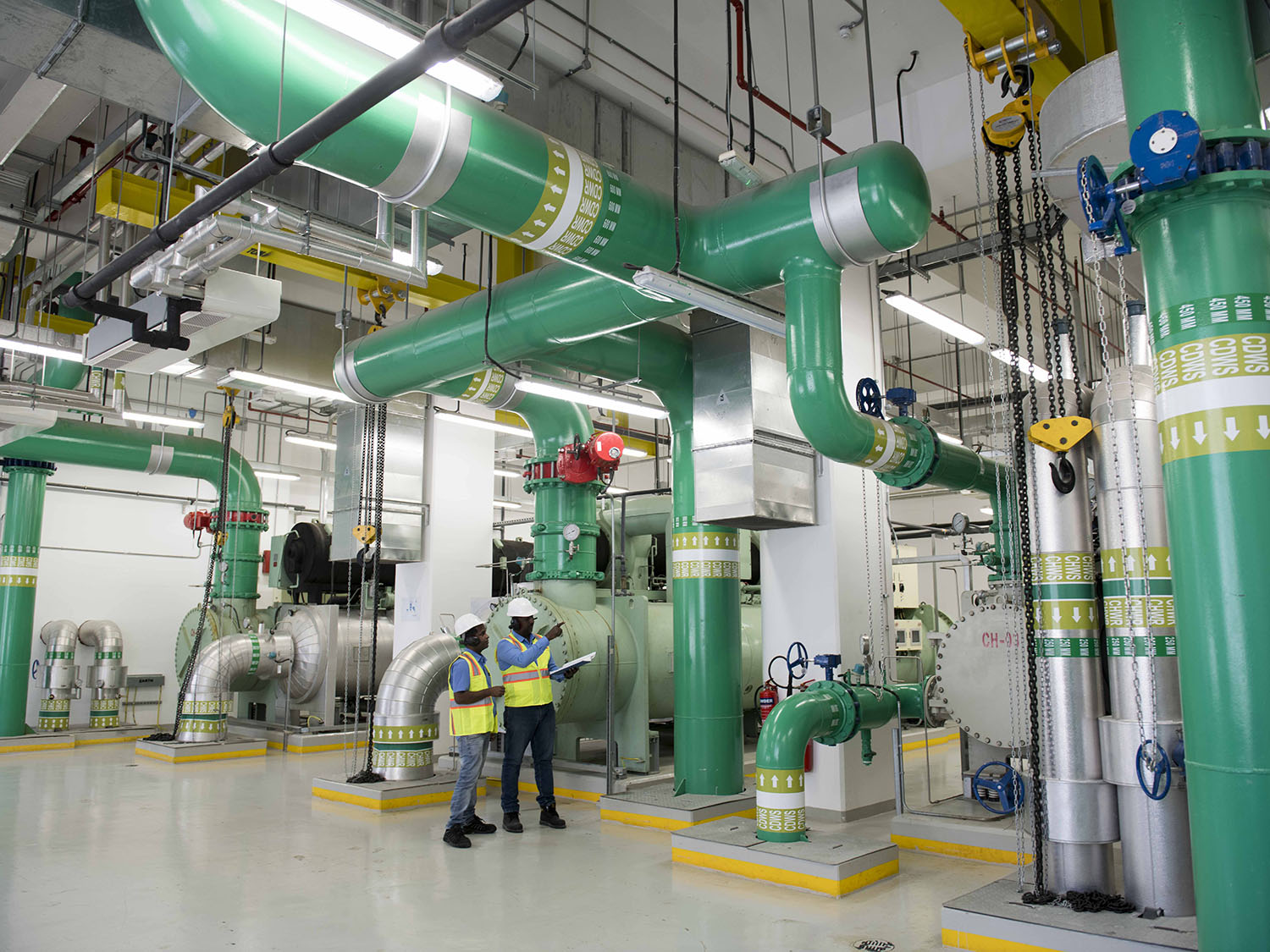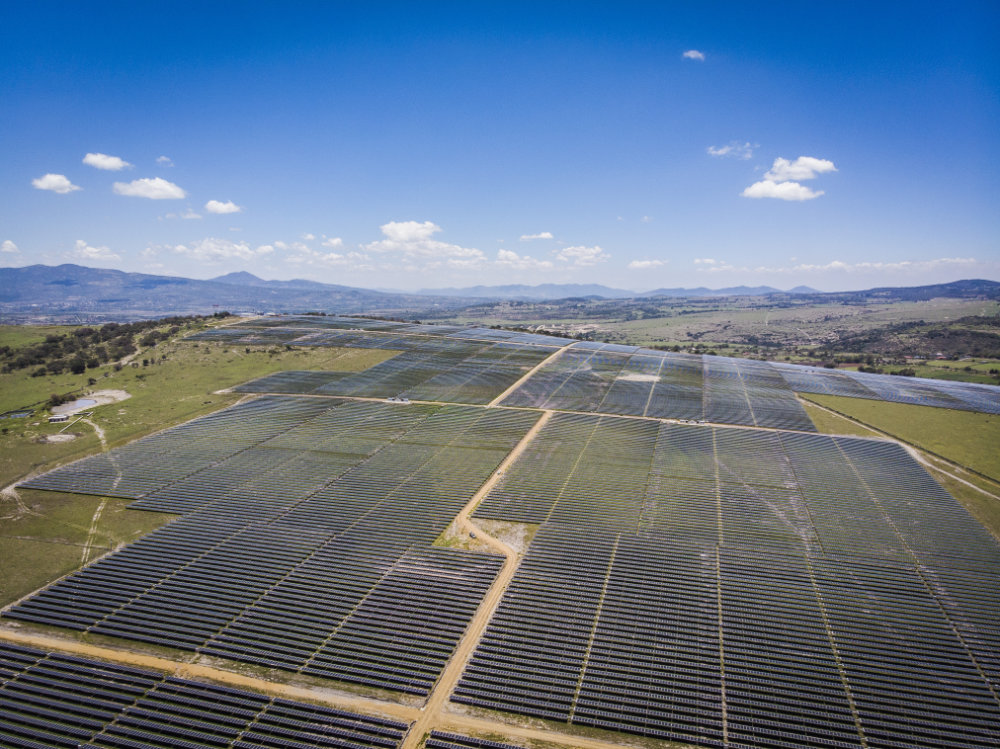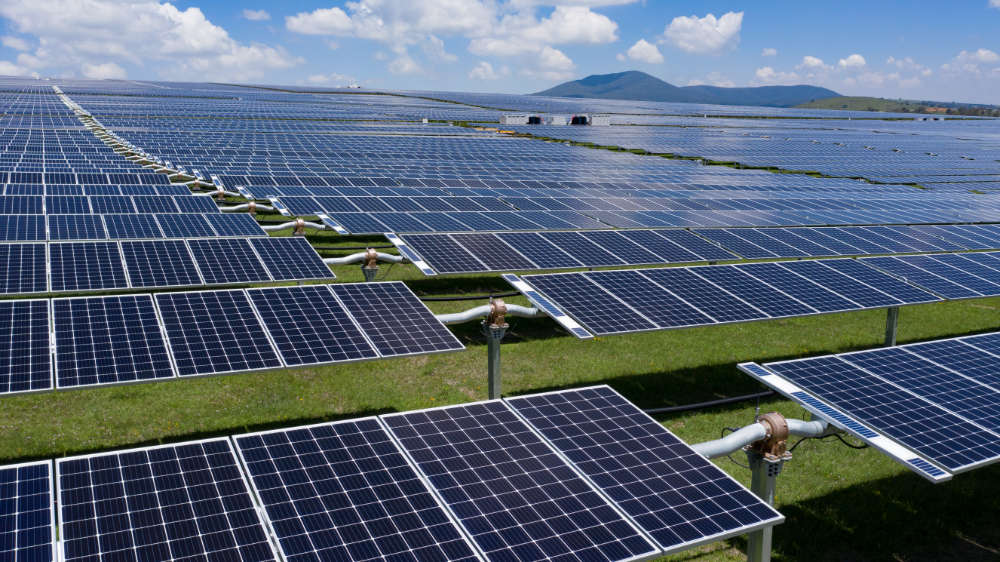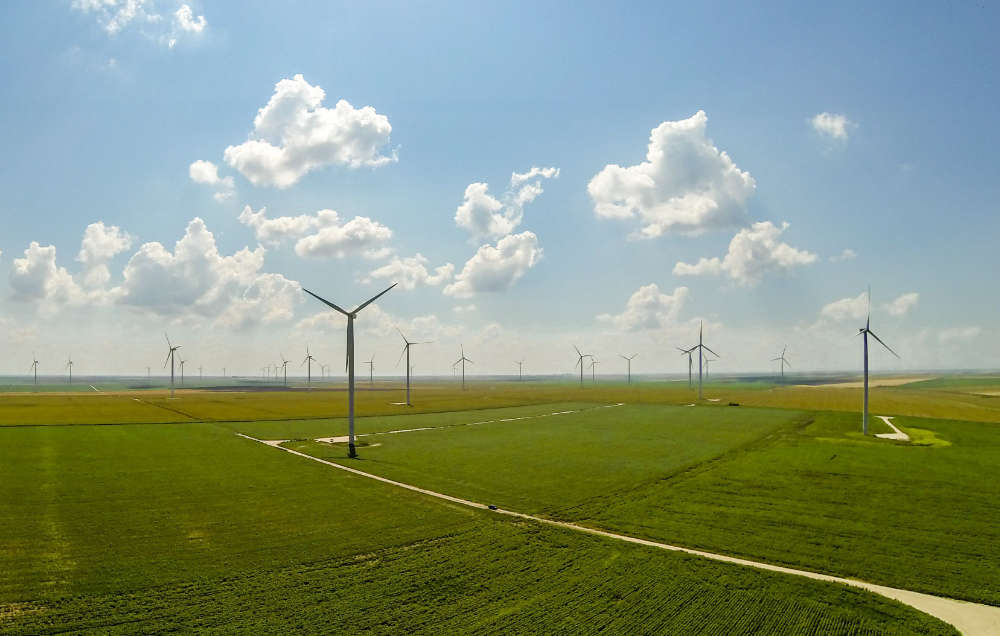Welcome to The Street View where Actis pools knowledge and investment perspectives drawn from our global network of colleagues, investee companies and external experts.
Our theme this time is how the electricity industry worldwide generates and delivers a cleaner and more cost-efficient future. On the surface this is a mature and capital intensive industry. Yet under the skin there is an industrial revolution at work, one where producers and distributors are harnessing new technology and work practices to boost supply, to ‘decarbonise’ power ecosystems and all whilst inexorably reducing cost. And the pace of change is accelerating every year.
Students of innovation will recognise this pattern. Anyone visiting the Edison Museum in Menlo Park New Jersey will be familiar with the story of innovation moving into application through constant experimentation and cost reduction led by increasing economies of scale. A similar story applies to the Hewlett Packard Garage in Palo Alto California. And even further back in time a visit to the cradle of the first industrial revolution, the Iron Bridge Gorge in Telford, UK fits the pattern. Do visit any one or all of these amazing sites when normal times return.
Technology diffusion – the rate at which technology is adopted – often derives from an increasing reduction in the real cost of supply. What was true for the incandescent lightbulb, the phonograph, the personal computer and even wrought iron, applies today to the power generation and distribution industry. In the pages that follow, our Energy Infrastructure Operations team – led by Barry Lynch – explore how reductions in cost can influence reliability and improve work practices.
These solutions are rarely easy to implement. They require deep know-how. I personally believe that the 20-year track record of Actis suggests that the specialist authors contributing to this publication can continue to deliver the returns expected by our clients. (This claim does not apply to your editor!).
A more socially distanced post COVID-19 world needs cleaner, more productive power supply and efficient distribution technologies more than ever. This requires new and efficient distribution networks, enhanced storage capabilities and a continued focus on a cleaner energy mix. The ‘just transition’ to net zero is a laudable aim, but should be one where older industrialised nations do not disadvantage newer economies through imposition of policies largely suited to post-industrial societies. Striking a balance is key to the ‘just’ part of any transition for developing economies – one size does not fit all!
Happily, there are many examples in this edition of new technology benefitting developing economies; in many cases these economies where we operate are well suited to this technology ‘leapfrogging’. Rapid technology adaptation can be easier without legacy infrastructure. The stories of wind and solar application, enhanced storage solutions, of innovative and cost-effective maintenance practices and the implementation of necessary distribution system improvements abound in our activities…and in this edition. This industrial revolution and the associated investment opportunity has much energy left in it.
